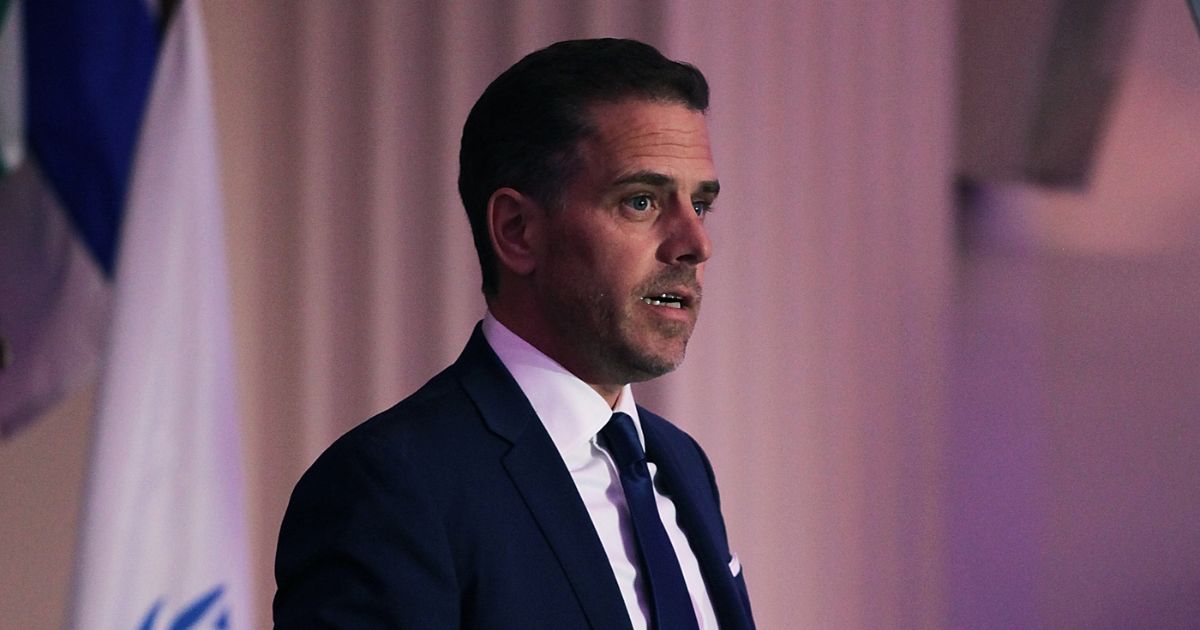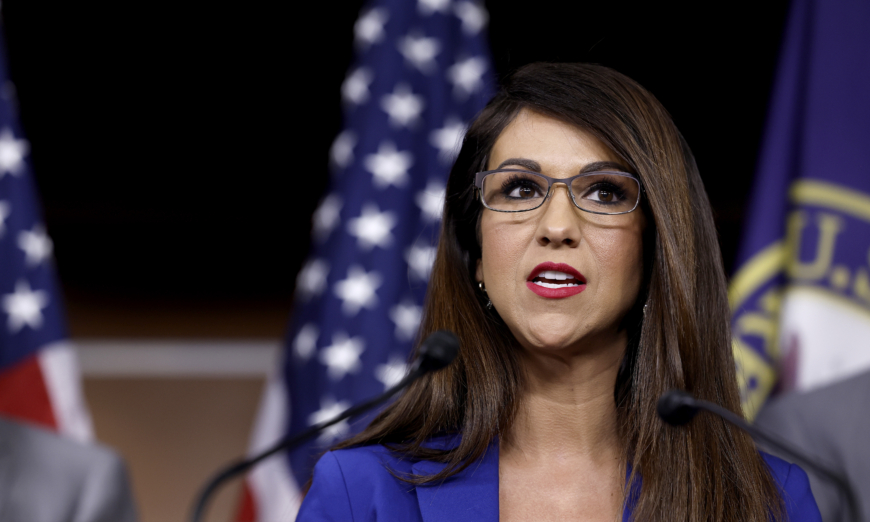Biden and McCarthy close to debt ceiling deal. Will voters notice?
The Debt Ceiling Deal: Will it Pay Political Dividends?
The debt ceiling deal has attracted praise from policy experts concerned with the national debt, but whether that pays political dividends for either President Joe Biden or House Speaker Kevin McCarthy (R-CA) remains to be seen.
Biden initially said he’d only accept an unconditional raise to the debt limit, but now that he’s got a deal on the table that includes spending cuts, he’s urging Democrats to pass it.
Biden Works to Push Debt Ceiling Deal Over the Finish Line
“We’re going to deal with the debt ceiling,” he said Wednesday. “I think things are going as planned. God willing, I’ll be landing in Colorado tonight in preparation for my commencement speech at the Air Force Academy tomorrow. And God willing, by the time I land, Congress will have acted, the House will have acted, and we’ll be one step closer. Thank you very much.”
Press secretary Karine Jean-Pierre later outlined the White House’s extensive outreach efforts to House Democrats, which have included more than 120 phone calls to party leadership, committee ranking members, and ideological caucus chairs.
The deal has proven controversial with both the far-right Freedom Caucus and the far-left Progressive Caucus, but has fans among those concerned with the national deficit.
- The Committee for a Responsible Federal Budget, a nonpartisan group, described the deal as the largest deficit reduction law in almost a dozen years.
- Bill Hoagland, senior vice president of the Bipartisan Policy Center, also praised the deal, though in more limited terms.
Even though Biden did not want spending cuts, he has bragged repeatedly about lowering the government’s annual deficit since taking office and could presumably say the same about the debt limit deal. He also campaigned in 2020 on his ability to work across the aisle and with Congress, two claims that could be bolstered if the deal is successful.
Polls indicate that voters are concerned about government spending. An Associated Press-NORC poll from March found that 60% of respondents think the U.S. government spends too much, and a CNN poll released in May found the same percentage wanted any debt ceiling increase to come with spending cuts.
All said, the negotiations could be a plus for the president.
“The deal has something for everybody,” said Kevin Madden, former senior adviser to Sen. Mitt Romney’s (R-UT) 2012 presidential campaign. “The political benefit for Republicans is it allows them to claim they held the Biden administration accountable with some forced spending restraint. The benefit for Biden and his team is they get to avoid a default crisis that, invariably, would have had a more negative impact on the incumbent in the White House.”
McCarthy outperformed expectations during the standoff, Madden added, first passing a bill through the House and then getting Biden to negotiate after he vowed not to.
“He definitely outmaneuvered and outbrokered the White House on this one,” he said.
The challenge now for McCarthy will be to overcome critics inside his own conference. Several GOP presidential contenders have also come out against the deal, including Sen. Tim Scott (R-SC), Gov. Ron DeSantis (R-FL), and former South Carolina Gov. Nikki Haley.
This has left McCarthy in the awkward position of relying on Democratic votes to get it across while Biden stumps for a bill he spent months refusing to negotiate. The White House has pledged to continue promoting the plan until it becomes law.
“We have been fully engaged throughout these last couple of days,” Jean-Pierre said Wednesday, “and we’ll continue to do so.”
" Conservative News Daily does not always share or support the views and opinions expressed here; they are just those of the writer."




